Well, I survived the first CMA exam! The four hours went by quickly, and thankfully I didn’t need a break. It was even harder than I expected, so I’m not feeling super confident… but I did manage to answer every multiple choice question and made my best effort on the short-answer essay questions. I didn’t really have any time to go back and review my answers, and I ended up guessing on a few of them. Results won’t be ready until mid-July, probably after I take the second exam which I’ve scheduled for July 14 (Bastille Day!). For now, I’m just glad to have the first exam behind me and will be decompressing over the next few days.
The Ballymurphy massacre has been in the news this week. British soldiers killed at least nine unarmed civilians in Ballymurphy, west Belfast, in 1971, amid the violent unrest after the introduction of internment without trial in Northern Ireland. In 2016, the Lord Chief Justice of Northern Ireland recommended an inquest into the killings as one of a series of “legacy inquests” covering 56 cases related to the Troubles. A coroner’s report released earlier this week, 50 years after the massacre, found that all those who killed had been innocent and that the killings were “without justification.” British authorities had long defended the killings by describing the dead — including a Catholic priest and a mother of eight — as armed Irish Republican Army activists. In response to the inquest’s findings, UK Prime Minister Boris Johnson first apologized indirectly through his Secretary of State for Northern Ireland, but this only angered the family members of those who were killed. Then today, Johnson sent letters to the families to apologize directly to them, but the families continue to demand that the soldiers involved be brought to justice. Instead, Johnson’s government is planning legislation that would ban further prosecutions connected to any of the approximately 3,700 killings committed as part of the three-decade conflict over Northern Ireland preceding the Good Friday peace accord of 1998. It’s difficult to understand how these unhealed wounds have been left to fester after so many years.
Until next time….

